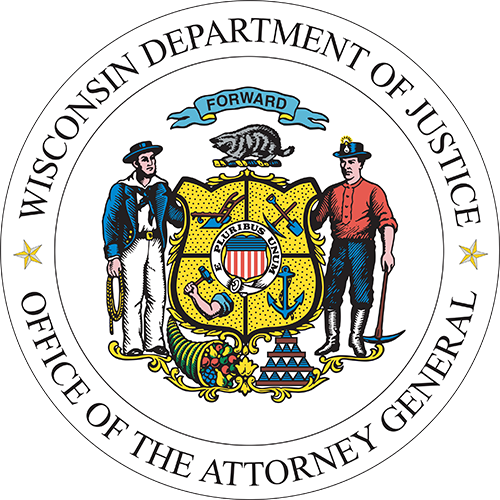Attorney General Kaul Urges Biden Administration to Do More to Protect Borrowers as Student Loan Payments Resume
AG Kaul joins 19 attorneys general in calling for further protections when student loan payments resume in October
MADISON, Wis. – Over 40 million borrowers are set to resume making payments in October following a three-and-a-half-year pandemic payment pause. In that time, most loans were transferred to new servicers. Congress passed a law in June barring further extensions of the payment pause.
“The resumption of student loan payments after more than three years is going to cause serious challenges,” said Attorney General Josh Kaul. “Sufficient protections must be in place to ensure that folks making payments are treated fairly.”
Although the Biden Administration has taken significant steps to transform the broken federal student loan repayment system, including creating SAVE—the new, more affordable income-driven repayment (IDR) plan—and restoring borrowers’ credit toward the Public Service Loan Forgiveness Program, the coalition of attorneys general cautions that current circumstances are likely to create serious and widespread loan servicing problems, especially as the U.S. Department of Education itself appears to lack capacity to assist borrowers, oversee servicers, and enforce borrower protections during the return to repayment.
As repayment begins, tens of millions of borrowers will simultaneously be required to navigate a complex system, many for the first time, with new servicers that have little to no experience with such volumes and do not appear to be sufficiently staffed to respond to them. Additionally, some servicers appear to be struggling to operationalize implementation of the new SAVE plan. For example, earlier this month, MOHELA, the servicer that manages all accounts on track for Public Service Loan Forgiveness, had to re-issue payment notices for borrowers in SAVE. This became necessary because MOHELA’s original notices, issued in August 2023, listed a higher monthly payment than allowable under the SAVE guidelines that took effect in July 2023.
Moreover, the transfer of nearly 30 million borrower accounts to new servicers during the pandemic has created the potential for significant and widespread account and servicing errors, including billing problems, inaccurate account information, and placement in incorrect repayment plans. The coalition’s letter reports that borrowers are already filing complaints concerning lack of timely resolution to such errors, extraordinary call wait times—including hold times in excess of 400 minutes—and delays in receiving assistance from servicers. The letter notes that even some state agencies are having trouble obtaining timely servicer responses through government complaint escalation channels.
The return to repayment coincides with the potential shutdown of the federal government if Congress fails to pass legislation to fund operations by September 30th, potentially exacerbating a lack of borrower support and servicer oversight as the return to repayment begins.
In their letter, the states also express concern that many of the reported account issues are affecting low-income borrowers. The states go on to explain that although the Administration has opened potential additional avenues toward debt relief, these avenues are of limited use in resolving return to repayment problems and do not address the problem of interest accrual.
While the states appreciate the steps the Administration has taken to protect borrowers who miss monthly payments in the first twelve months of repayment from credit harm and default, they believe further action can and should be taken. Specifically, the coalition urges the Biden Administration to do more to mitigate harm to borrowers, including instructing its servicers to liberally place borrowers affected by servicing errors, or who are unable to obtain affordable monthly payments consistent with the Department’s guidelines, into forbearance. The letter requests that borrowers placed in such forbearance not accrue interest while nonetheless counting time toward potential debt discharge and that this same forbearance be applied for groups of borrowers who are awaiting loan forgiveness.
In sending the letter, Attorney General Kaul was joined by the attorneys general of Arizona, California, Colorado, Connecticut, Delaware, Hawaii, Illinois, Maryland, Massachusetts, Michigan, Minnesota, Nevada, New York, Oregon, Pennsylvania, Vermont, Washington, and the District of Columbia.
